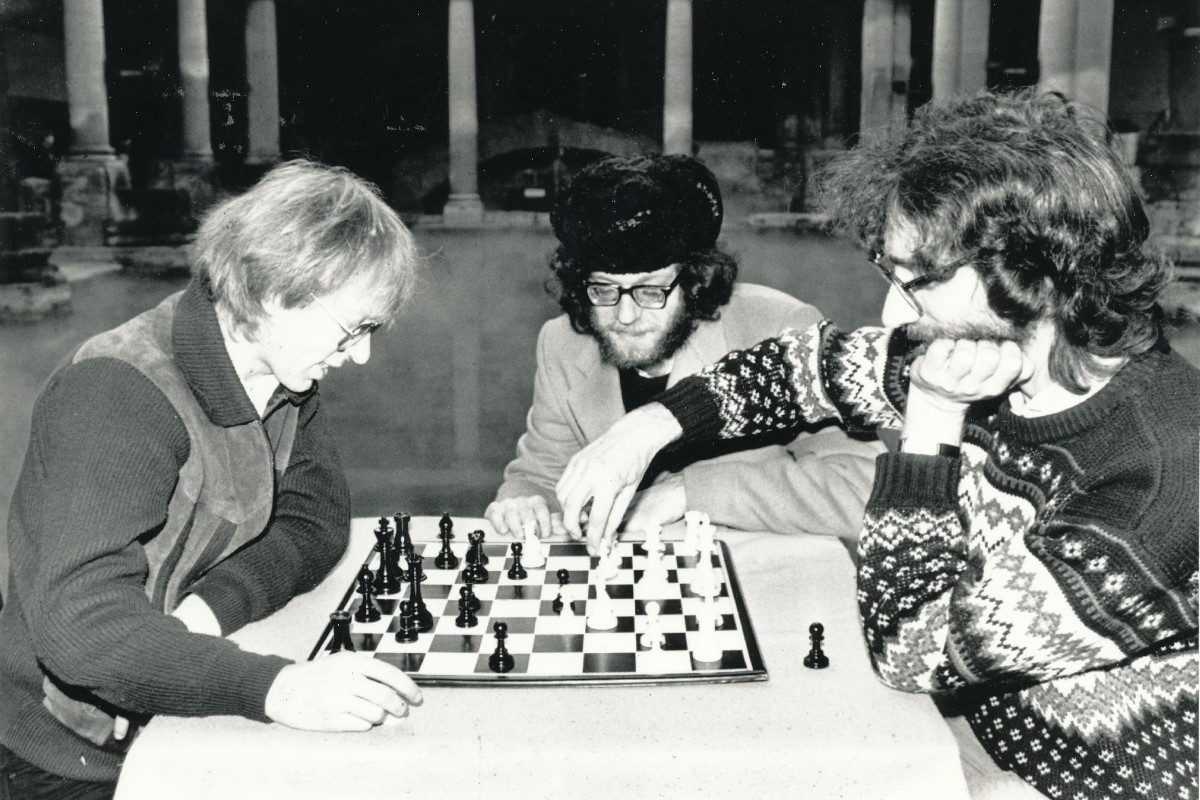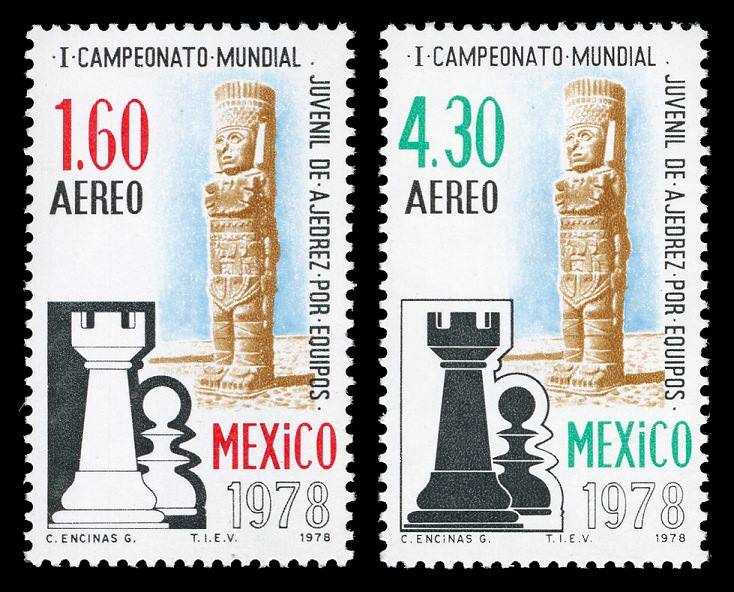


[Note that Jon Speelman also looks at the content of the article in video format, here embedded at the end of the article.]
 Much of a lifetime ago, in 1978, Jonathan Mestel was the captain and top board of the England team at the inaugural World Under-26 Championships in Mexico City. Previously, there had been world student teams championships, but the definition of student varied between countries so under-26 was easier.
Much of a lifetime ago, in 1978, Jonathan Mestel was the captain and top board of the England team at the inaugural World Under-26 Championships in Mexico City. Previously, there had been world student teams championships, but the definition of student varied between countries so under-26 was easier.
I was board two, and fearing that we would be late to board our flight, had rushed us away from Jonathan’s then girlfriend and now for many years wife Anna. However, we were delayed and delayed, until after something like eight hours it was cancelled, and we had to make alternative arrangements.
I was deputed to do so, and made the mistake of showing the official our itinerary rather than our tickets. This involved changing flights somewhere in the USA, and a number of further hours later we found ourselves not in Mexico but “involuntarily re-routed” to our supposed new destination in Chicago! We were put up overnight by the airline and finally arrived in Mexico something like 50 hours after our scheduled departure.
A year earlier in the World Student Teams, also in Mexico City, we had arrived to be shown to accommodation which was a dormitory with 64 beds in it. As you can imagine, we complained — or rather our captain John Nunn did. And those that complained the loudest, including ourselves, were then moved not to somewhere a bit better, but the Ritz Hotel!
In any case, in 1977 we were third behind the USSR and Cuba, but in 1978 we won ahead of the Soviets, after beating them 3-1 in our individual match.
The reason I’m boring you with this is the “involuntary re-routing”. In that case, it led to some degree of chaos. At the chessboard, too, it can be confusing when the opponent’s pieces don’t go where you are expecting them but are “voluntarily re-routed”.
This came to mind after looking at a couple of games of the recent FIDE Grand Prix in Berlin by Amin Tabatabaei. Both involve successful defence by making an unexpected move with a piece which was apparently destined to go elsewhere.
To finish with, I’ve returned to Euwe and Kramer’s “The Middlegame”, which I mentioned a month ago, and a couple of famous examples of defence from the past.
Select an entry from the list to switch between games